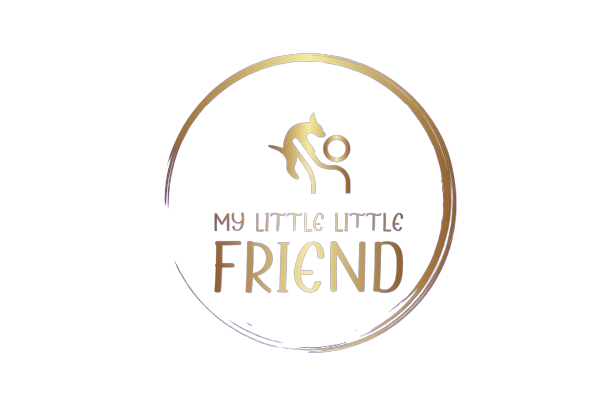How Should I Care For My Aging Dog?
Grey Muzzles: How Breed and Size Shape Dog Aging
Our canine companions come in all shapes and sizes, and that diversity extends to how they age. Here’s how breed and size can influence a dog’s golden years:
Life Expectancy:
- Size Matters: Generally, smaller dogs (under 10kg) tend to live longer (around 12 years) than their larger counterparts (over 45kg) whose lifespans are typically 7-8 years.
- Aging Onset: Larger breeds often begin showing signs of aging earlier than smaller dogs. This means a Great Dane might be considered “senior” at 7, while a Chihuahua might reach that milestone at 10.
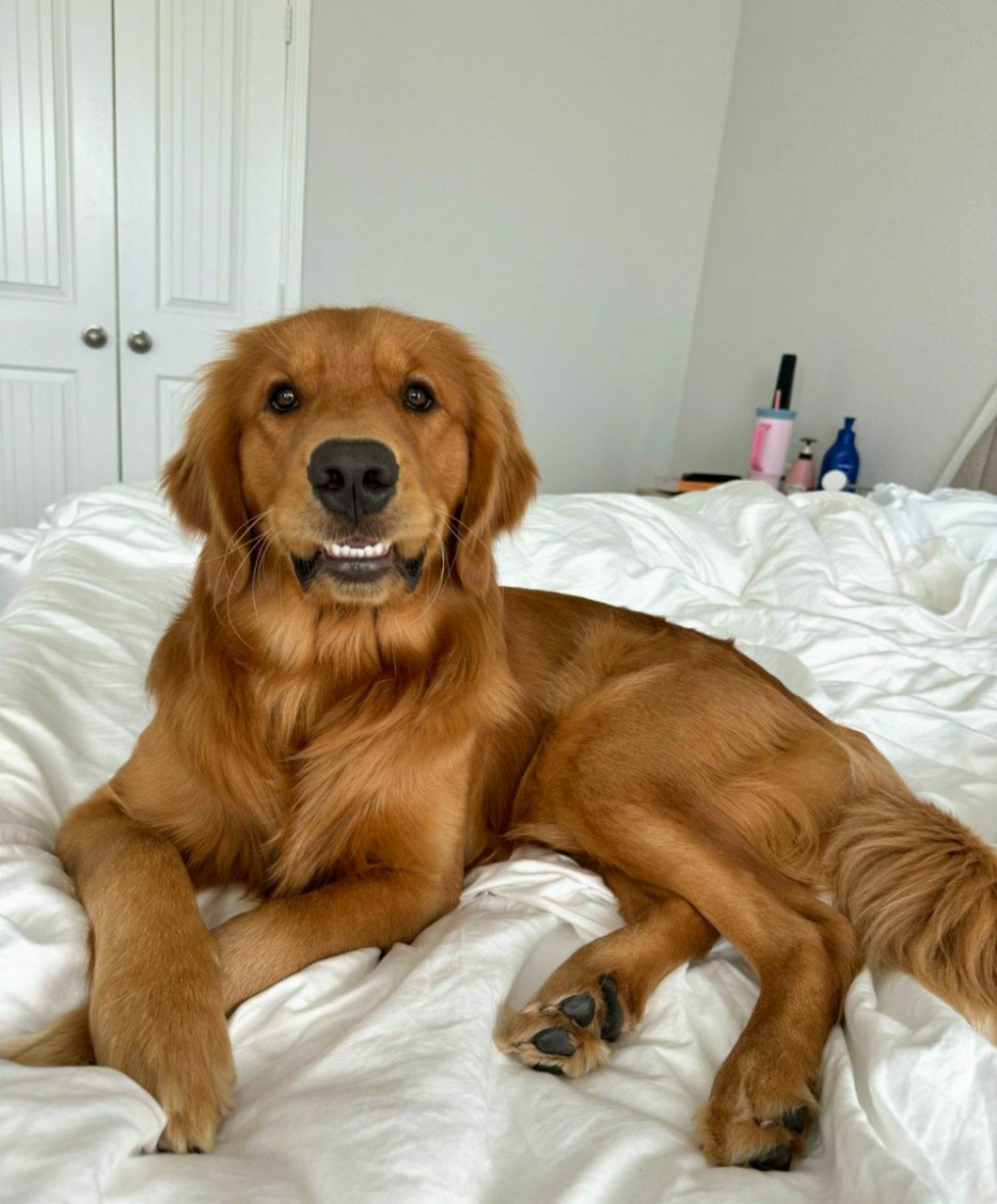
Tailored TLC:
- Breed-Specific Concerns: Every breed has potential health concerns as they age. For example, smaller dogs are more prone to heart issues.
- Dietary Needs: Understanding your dog’s breed and size is crucial for creating a proper diet that addresses their specific health challenges.
Remember: Genetics, lifestyle, and overall care also play a significant role in a dog’s lifespan. Regular veterinary checkups and a healthy lifestyle can significantly improve your dog’s quality of life, regardless of breed or size.
By understanding these factors, you can provide your furry friend with the love, care, and nutrition they need to live a long and happy life!
Golden Years, Gentle Changes: Minimizing Stress in Aging Dogs
Our senior dogs deserve a stress-free golden age. Here’s how to minimize stress as you adapt your care routine:
Respecting Their Rhythm:
- Gradual is Key: As your dog ages, their needs change. Introduce any adjustments to their routine slowly and gradually to avoid overwhelming them. This applies to everything from walks to feeding times.
- Understanding Behavior Changes: Incontinence, sleep disturbances, and decreased interaction are sometimes signs of aging, not disobedience. Be patient and consult your veterinarian if concerned.
.
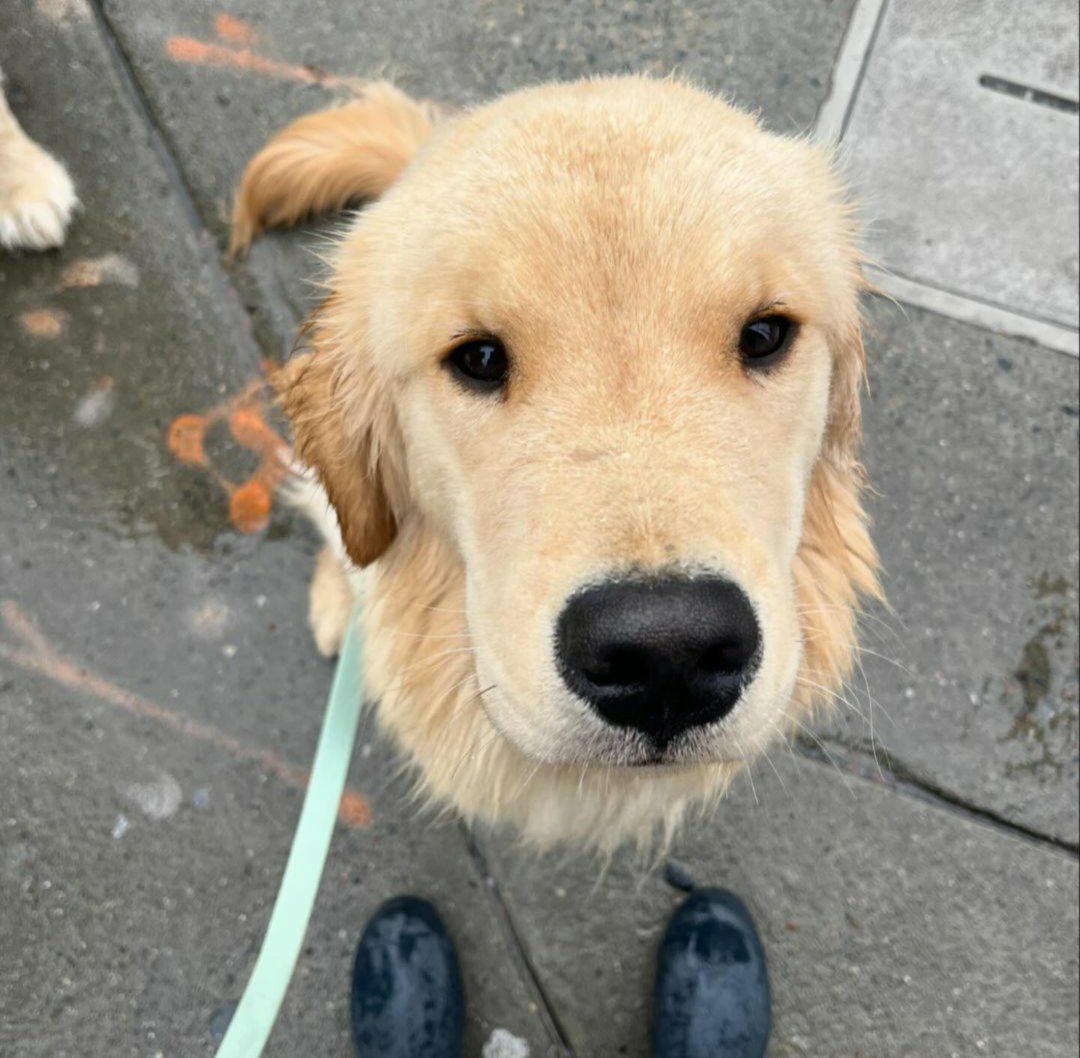
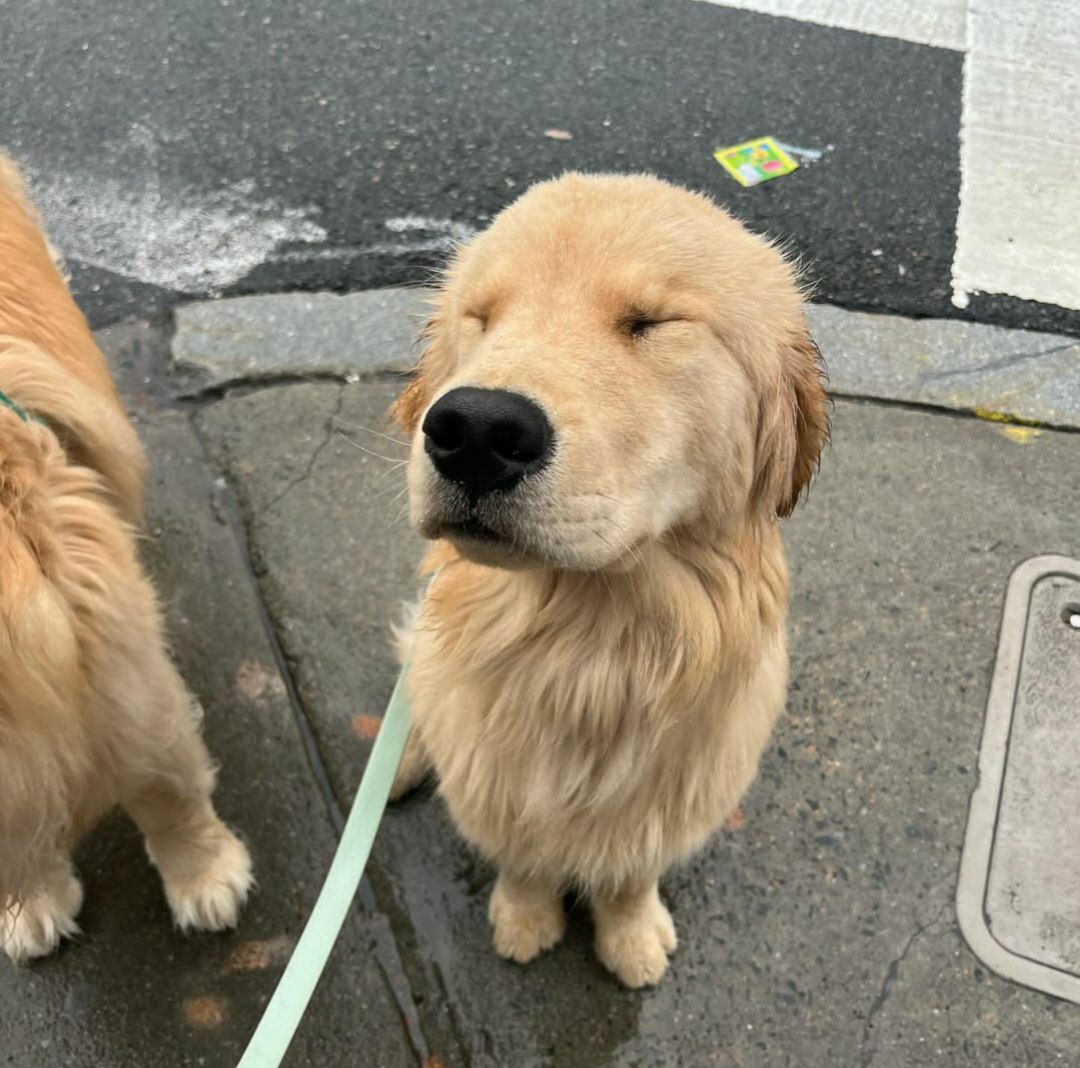
Creating a Comfort Zone:
- Predictability is Calming: Maintain a consistent routine as much as possible. This provides a sense of security and reduces anxiety for your senior dog.
- Familiar Surroundings: Minimize rearrangements of furniture or changes in their environment. If unavoidable, introduce them gradually over time.
Senior-Friendly Activities:
- Gentle Exercise Continues: Regular, low-impact exercise like short walks or playtime is crucial for physical and mental well-being. Adjust the intensity and duration based on their needs.
- Mental Stimulation Matters: Keep their minds active with food puzzles, interactive toys, or gentle sniffing games.
Showering Them with Love:
- Extra TLC: Senior dogs still crave affection! Spend quality time cuddling, petting, and offering gentle massages. This provides comfort and reinforces the human-animal bond.
- Patience is a Virtue: Changes in sight, hearing, or cognitive function can occur. Be patient and understanding, and provide extra guidance if needed.
By making these adjustments and showering your senior dog with love and understanding, you can minimize stress and ensure their golden years are filled with peace and happiness. Remember, a calm and comfortable environment is key to a stress-free life for your aging canine companion
Keeping Active Without the Ache: Exercise for Aging Dogs
As our furry friends mature, their exercise needs change. Here’s how to ensure your senior dog stays active and healthy, while minimizing stress on their joints and heart:
Cardio with Caution:
- Reduced Capacity: Aging hearts may have a lower output. Opt for gentle activities like short walks or playtime that keep them moving without strain.
- Listen to Their Limits: Pay close attention to your dog’s energy levels. Short, frequent walks might be better than long, strenuous ones.
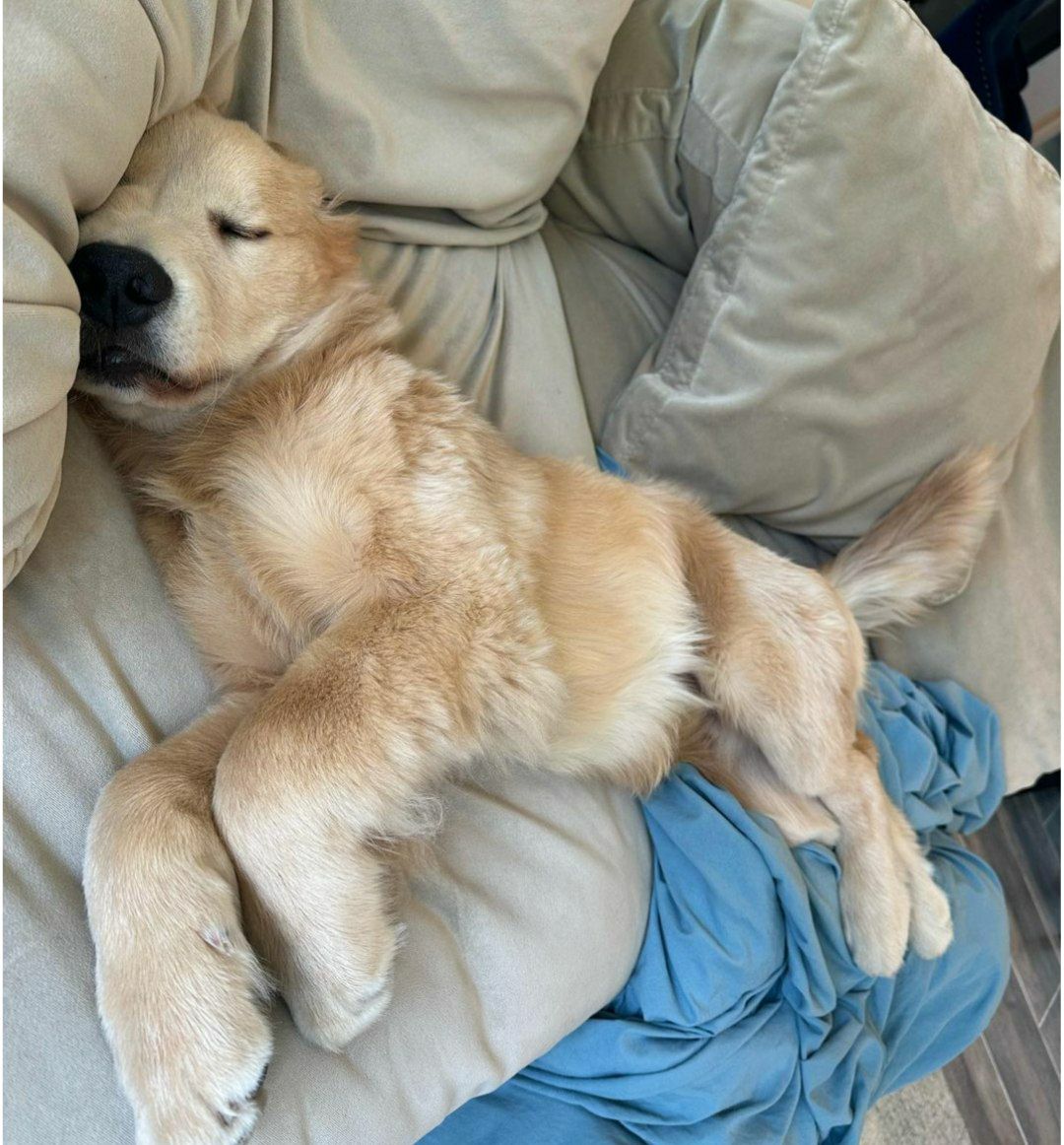
Joint Support & Safety:
- Weight Management Matters: Excess weight puts extra stress on aging joints. Talk to your veterinarian about maintaining a healthy weight for your dog.
- Creating a Safe Space: Install ramps to help navigate stairs or add non-slip rugs on slippery surfaces to prevent falls.
Low-Impact Activities:
- Swimming is a lifesaver: Swimming is an excellent, low-impact exercise for senior dogs with joint pain. The water buoyancy reduces stress on their joints.
- Mental Stimulation Matters: Don’t underestimate the power of mental exercise! Engage them with food puzzles, interactive toys, or sniffing games – a great activity for any dog!
Remember: Consult your veterinarian before starting any new exercise routine with your senior dog. They can help create a personalized plan that considers your dog’s specific needs and limitations.
By making these adjustments, you can ensure your senior dog enjoys continued activity and maintains a healthy weight, promoting a happier and healthier golden age!

Savoring the Golden Years: A Nutritional Guide for Your Senior Dog
As our beloved canine companions age, their dietary needs change. Here’s how to ensure your senior dog enjoys delicious, nutritious meals that support their health:
Addressing Reduced Senses:
- Safety First: A diminished sense of smell or taste might make them less discerning. Keep toxic foods or substances out of reach to prevent accidental ingestion.
Tailoring Portions for Senior Needs:
- Energy Matters: Older dogs typically have 10-20% lower energy requirements. Adjust their meal sizes accordingly to avoid unwanted weight gain.
Delicious & Nutritious:
- Lower Fat, Higher Flavor: Opt for lower-fat food that’s still highly palatable. This encourages them to eat without overconsumption.
Essential Nutrients for Aging Well:
- Heart-Healthy Fats: Look for food rich in long-chain omega-3 fatty acids, which can support healthy heart function in senior dogs.
- Joint Support: Supplements or food containing ingredients beneficial for joint health can help your dog stay mobile and comfortable.
- Kidney Care: Reduced phosphorus levels in their diet can help support effective kidney function in older dogs.
Remember: Consult your veterinarian when choosing a food for your senior dog. They can help you create a personalized dietary plan that addresses your dog’s specific needs and health conditions.
By providing a nutritious diet tailored to their golden years, you can promote your senior dog’s overall health and well-being, ensuring they enjoy their meals and maintain a healthy weight.
Keeping Your Golden Oldie Healthy: Preventive Care and Early Detection
As our cherished dogs age, their health needs become more crucial. Here’s how to ensure your senior dog enjoys a long and healthy life:
Proactive Veterinary Care:
- Regular Checkups: Schedule regular checkups with your veterinarian, even if your dog seems healthy. Early detection of age-related diseases allows for prompt treatment and better outcomes.
- Senior Wellness Plans: Explore senior wellness plans offered by some veterinary clinics. These often include discounted screenings and preventive care.
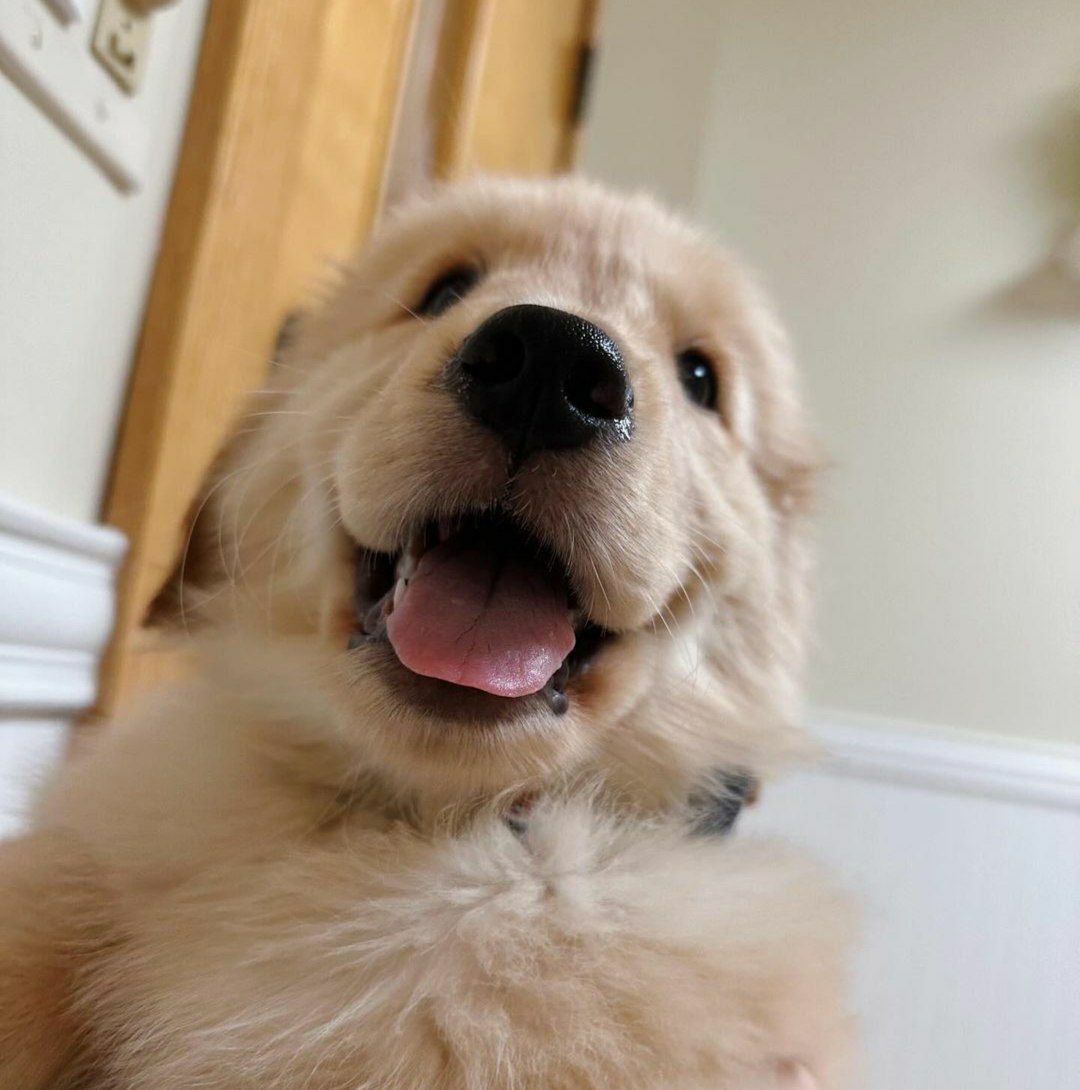
Maintaining Hygiene at Home:
- Dental Defense: Regular teeth brushing is crucial for senior dogs too. Talk to your veterinarian about dog-safe toothpaste and gentle brushing techniques to prevent plaque buildup and gingivitis.
- Bathing and Grooming: Regular brushing helps maintain a healthy coat and allows you to check for lumps or bumps. Consider professional grooming if needed.
When to Seek Veterinary Attention:
- Don’t Ignore Changes: Changes in appearance (like excessive weight loss or lethargy) or behavior (like confusion or difficulty navigating stairs) can be signs of underlying health issues.
- Consult Your Vet: If you notice any concerning changes, don’t hesitate to consult your veterinarian. Early diagnosis can make a significant difference in your dog’s treatment and overall well-being.
By prioritizing preventive care, maintaining good hygiene habits at home, and seeking veterinary attention when needed, you can ensure your senior dog receives the best possible care and enjoys a long, healthy, and happy golden age!
